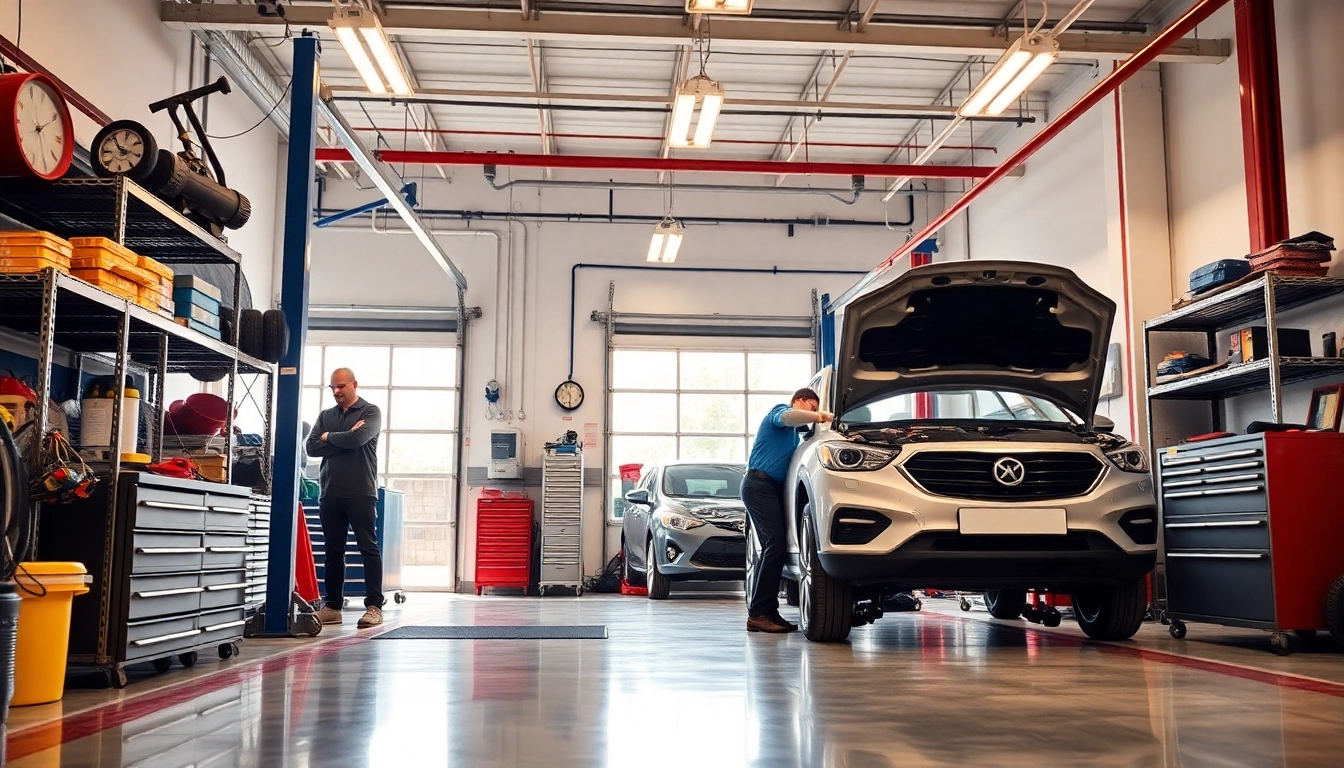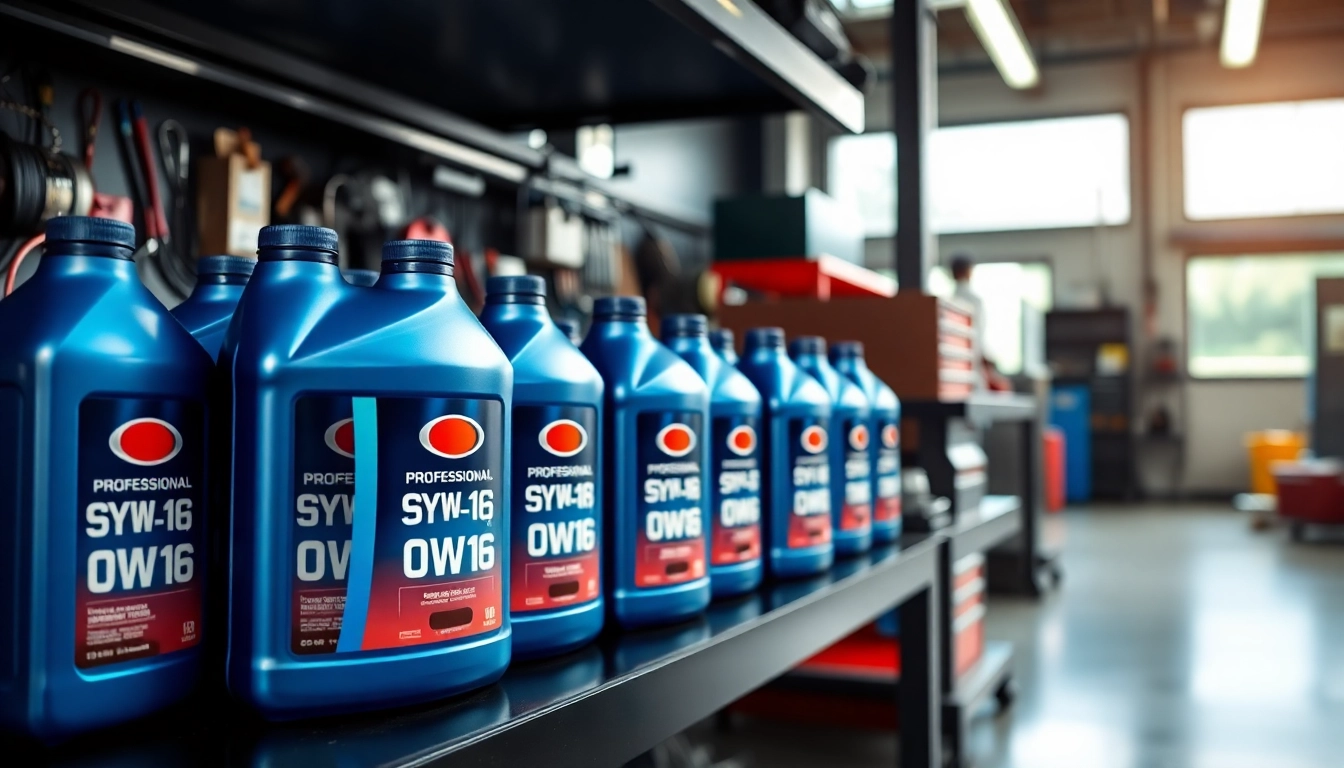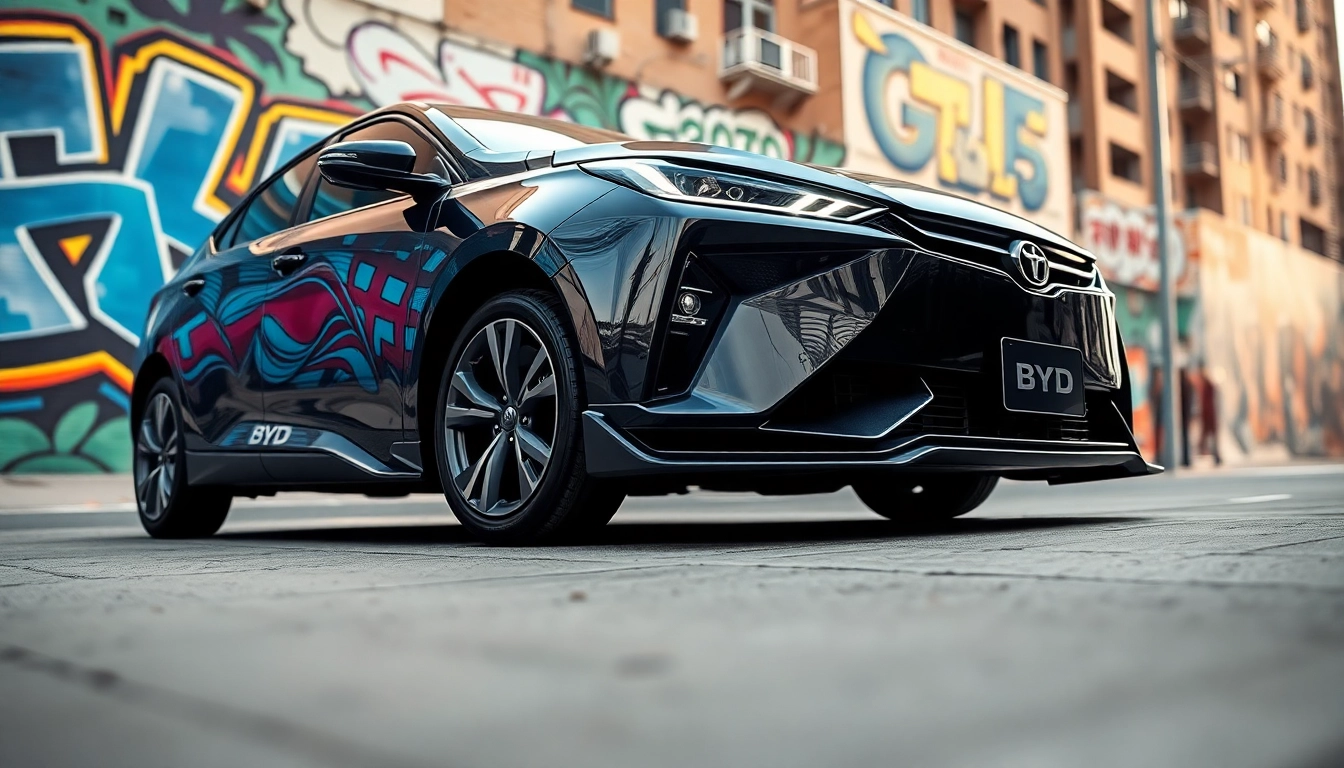Understanding the Concept of a Perfect Car
Choosing the perfect car is a highly subjective journey that depends on an individual’s unique needs, preferences, and lifestyle. While some may prioritize luxury, others may value reliability or cost-effectiveness. This section aims to unravel the intricacies associated with identifying what a perfect car means for different buyers.
Defining Your Needs and Preferences
The first step in the quest for the perfect car is understanding your specific needs and preferences. Considerations range from practical requirements such as seating capacity and fuel efficiency to personal tastes like color, brand loyalty, and interior design. Here are some questions to guide your thought process:
- What will you primarily use the car for? (commuting, leisure, off-roading)
- How many passengers do you usually transport?
- What is your typical driving environment? (city, highway, rural)
- Is fuel efficiency a significant factor for your budget?
- Do you have safety priorities or particular features in mind? (advanced driver-assistance systems, airbags)
Reflecting on these questions helps narrow your search to vehicles that align with your daily life and preferences. Understanding what you truly need is fundamental in the hunt for the perfect car.
Exploring Different Car Types
Once you have outlined your needs, it’s essential to explore various types of cars available on the market. Each category tends to offer distinct features that may appeal to your specific requirements:
- Sedans: Ideal for city driving, sedans often provide better mileage and are easier to park.
- SUVs: These vehicles offer spaciousness, off-road capabilities, and versatility, making them suitable for families or adventure seekers.
- Trucks: Designed for heavy-duty tasks, pickups are excellent for towing and transporting large loads.
- Hatchbacks: With compact sizes and flexible storage options, hatchbacks are convenient for urban living.
- Electric and Hybrid Cars: Increasingly popular, these vehicles are eco-friendly alternatives that help reduce running costs and carbon footprints.
Understanding the types of cars available and their purposes aids your search significantly, enabling you to discover options that may initially have not crossed your mind.
The Importance of Compatibility with Lifestyle
Your lifestyle plays a crucial role in determining the perfect car. For instance, city dwellers may benefit more from a compact car while someone with a family may require an SUV with ample storage space. Think about:
- Daily Commute: If your commute involves heavy traffic, a vehicle with excellent maneuverability and fuel efficiency could enhance the driving experience.
- Travel Habits: If you enjoy road trips, consider a car with features like spacious interiors and entertainment systems for comfort.
- Family Considerations: For families, safety features, space, and comfort are paramount, while individuals may prioritize sportiness or tech features.
Ultimately, the perfect car is where functionality aligns closely with personal life, creating an ideal driving experience.
Key Features to Look for in the Perfect Car
Identifying a perfect car involves thorough evaluations of various key features that contribute to overall performance and satisfaction. Understanding what to look for can help you make informed decisions.
Performance Metrics that Matter
The performance of a car encompasses various attributes, including engine performance, handling, and fuel efficiency. Key metrics to consider include:
- Horsepower and Torque: These metrics determine how fast your car can accelerate and handle tough terrains, respectively.
- Fuel Economy: Evaluating miles per gallon (MPG) gives insight into the long-term cost-effectiveness of owning a vehicle.
- Handling and Suspension: Consider how well the car responds in different driving conditions, including tight corners and rough roads.
- Braking Performance: Analyzing stopping distances and brake systems can significantly influence safety considerations.
Performance metrics should align with your driving needs, ensuring safety and enjoyment behind the wheel.
Safety Ratings and Technology
Safety is paramount and should be a leading consideration when searching for the perfect car. Explore options with advanced safety features, including:
- Anti-lock Braking System (ABS): Prevents wheel lock-up during hard braking.
- Adaptive Cruise Control: Adjusts the speed of the vehicle based on traffic conditions.
- Lane Departure Warning: Alerts drivers if they unintentionally drift out of their lane.
- Advanced Airbag Systems: Enhances safety with airbags at strategic locations inside the vehicle.
- Driver Assistance Technologies: The integration of sensors, cameras, and enhanced rear-view monitors improves awareness and control.
Safety ratings, provided by organizations like the National Highway Traffic Safety Administration (NHTSA) and the Insurance Institute for Highway Safety (IIHS), can help in evaluating a car’s performance in crash tests.
Design and Comfort Considerations
The aesthetics and comfort of a car also contribute significantly to your satisfaction level. Essential factors to evaluate include:
- Interior Space: Check headroom and legroom, especially if you will frequently transport passengers.
- Quality of Materials: A well-designed car will utilize high-quality materials, enhancing comfort and longevity.
- Technology Integration: Modern vehicles should feature user-friendly infotainment systems, Bluetooth connectivity, and charging ports.
- Sound Dampening: The car’s ability to minimize external noise contributes greatly to the driving experience.
Evaluate test cars thoroughly to ensure they meet both aesthetic preferences and comfort requirements.
Budgeting for Your Perfect Car
Financial considerations are crucial in the process of finding the perfect car. Establishing a budget not only includes initial purchase costs but also long-term ownership expenses.
Determining Total Cost of Ownership
The total cost of ownership extends far beyond the sticker price. It encompasses various elements that should be considered:
- Depreciation: Cars lose value over time, and it’s important to choose brands/models that retain their resale value.
- Insurance Costs: Premiums can vary significantly by make/model, so investigate potential insurance costs upfront.
- Maintenance and Repairs: Research the reliability of different models to anticipate maintenance costs.
- Fuel Costs: Calculate typical fuel expenses based on the vehicle’s consumption.
- Taxes and Registration Fees: These costs can vary by state, affecting your overall budget.
Being aware of these factors allows you to budget accurately and choose cars that fit within your financial capacity.
Financing Options Available
Financing your vehicle can open up a world of options. Here are some primary methods to consider:
- Traditional Loans: Obtaining a loan from a bank or credit union may offer lower interest rates depending on your credit score.
- Dealer Financing: Often convenient, dealers may offer promotional rates, but it’s essential to review terms carefully.
- Leasing: Leasing can be less expensive than buying, though you’ll need to be mindful of mileage limits and wear-and-tear policies.
- Cash Purchase: If feasible, a cash purchase avoids interest fees and monthly obligations but requires upfront savings.
Evaluate these options before proceeding with your purchase, focusing on which method aligns with your financial situation.
Relevant Insurance Costs
Insurance costs play a hefty role in budgeting for the perfect car. Factors influencing insurance rates include:
- Vehicle Type: Low-risk cars often lead to lower premiums.
- Location: Urban areas with higher theft and accident rates may result in increased insurance rates.
- Driving History: A clean driving record typically results in better insurance premiums.
- Coverage Type: The choice between comprehensive, collision, and liability coverage affects overall costs.
Consulting multiple insurance providers can help identify the best rates suitable for your new vehicle.
Researching Your Perfect Car Options
Thorough research is key to discovering a vehicle that meets your expectations and budget. Understanding various tools and resources is essential in making an informed decision.
Online Tools and Resources
Leverage technology through online tools to ease your car search. Some recommended resources include:
- Comparison Websites: Websites like Kelley Blue Book allow you to compare vehicles, evaluate prices, and read reviews.
- Automaker Websites: These often provide detailed information about specific models, including features and specifications.
- Social Media and Forums: Engaging in discussions on platforms like Reddit can provide insider opinions and experiences from actual owners.
- Review Sites: Look for expert reviews that delve into car features, performance, and reliability.
Using these resources can simplify the research process, highlighting essential vehicle characteristics and owner experiences.
Visiting Dealerships for Hands-on Experience
After conducting research, visiting dealerships offers a tangible experience often essential to making a selection. Here are some tips for a fruitful visit:
- Visit Multiple Dealerships: The more exposure you have to different cars, the better your understanding of what suits you.
- Engage with Sales Representatives: Ask questions and express your specific needs to find the right match.
- Request Detailed Information: Ensure that you receive comprehensive information about the vehicle’s specifications, history, and available options.
- Consider Timing: End-of-month or end-of-year visits may give you leverage for better deals as dealerships aim to meet sales quotas.
A dealership visit helps consolidate your findings, enabling practical experiences that could tip your decision-making scale.
Test Drive Tips for Effective Decision-Making
Finally, the key step of conducting a test drive must not be overlooked in the vehicle selection process. Consider the following tips:
- Test Under Real-Life Conditions: Drive in conditions resembling your everyday environment (traffic, highways, etc.) to assess performance.
- Check Comfort Features: Pay attention to seat comfort, visibility, and ease of getting in and out of the vehicle.
- Evaluate Technology Usability: Experiment with the infotainment system, navigation, and connectivity features.
- Listen for Unusual Noises: Be alert to any strange sounds that could indicate underlying issues.
Effective test drives offer experiences that help ensure the car you choose mirrors your expectations and needs.
Making the Purchase of Your Perfect Car
Once you have settled on the where, what, and how of your perfect car, the next logical step is executing the purchase. Understanding the nuances involved can ensure a smoother transaction.
Negotiation Techniques for Buyers
Negotiating the price of your vehicle can feel challenging but is often necessary to secure a better deal. Here are a few tips for successful negotiation:
- Do Your Research: Arriving armed with knowledge about fair pricing boosts confidence during negotiations.
- Set Your Budget: Define your ideal price and be willing to walk away if the deal does not align with your expectations.
- Be Polite but Firm: Maintain professionalism throughout the conversation – a positive demeanor may also build rapport with the dealer.
- Understand Trade-in Value: Knowledge of your current vehicle’s worth helps in negotiating the total deal if you plan to trade it in.
Effective negotiation can significantly impact the total cost of your perfect car.
Understanding Additional Fees
When calculating your budget, it’s critical to understand all associated fees that come with vehicle purchasing. Common additional fees include:
- Sales Taxes: Depending on your areas, states levy sales taxes on vehicle purchases.
- Documentation Fees: These may accrue for processing registrations and paperwork.
- Destination Fees: Charges for transporting the car from the factory to the dealership.
Review all documentation during the purchasing phase to avoid unexpected costs that can arise post-deal.
Post-Purchase Considerations and Care
Once you have purchased your perfect car, it is essential to plan for its upkeep to maintain value and performance. Consider the following:
- Regular Maintenance: Follow the manufacturer’s recommendations for oil changes, tire rotations, and other services.
- Insurance Review: Ensure your insurance policy remains aligned with your new vehicle’s requirements and changes.
- Monitoring Performance: Pay attention to how your car performs and address any irregularities promptly to avoid larger issues.
Taking proactive measures regarding maintenance and care contributes to a positive ownership experience and can help protect your investment long-term.
Finding your perfect car is a journey that combines evaluating personal needs, researching options, understanding finances, and engaging in effective purchasing strategies. This comprehensive approach equips you with the tools needed to make an informed and satisfactory car-buying decision.














Leave a Reply